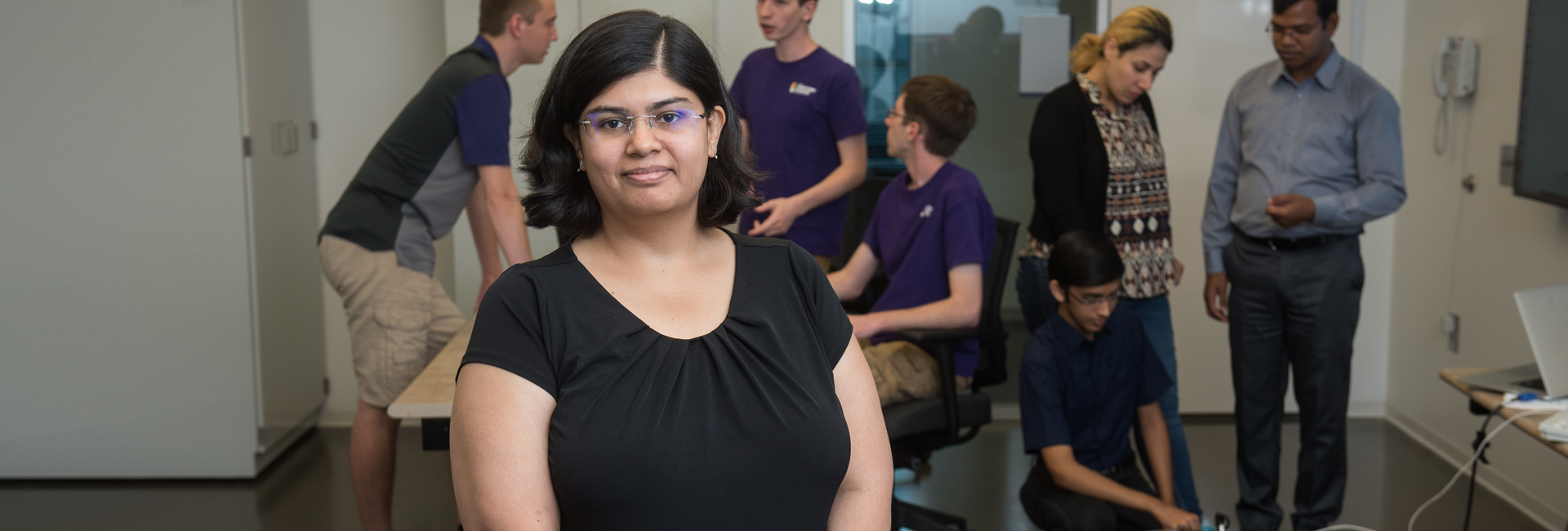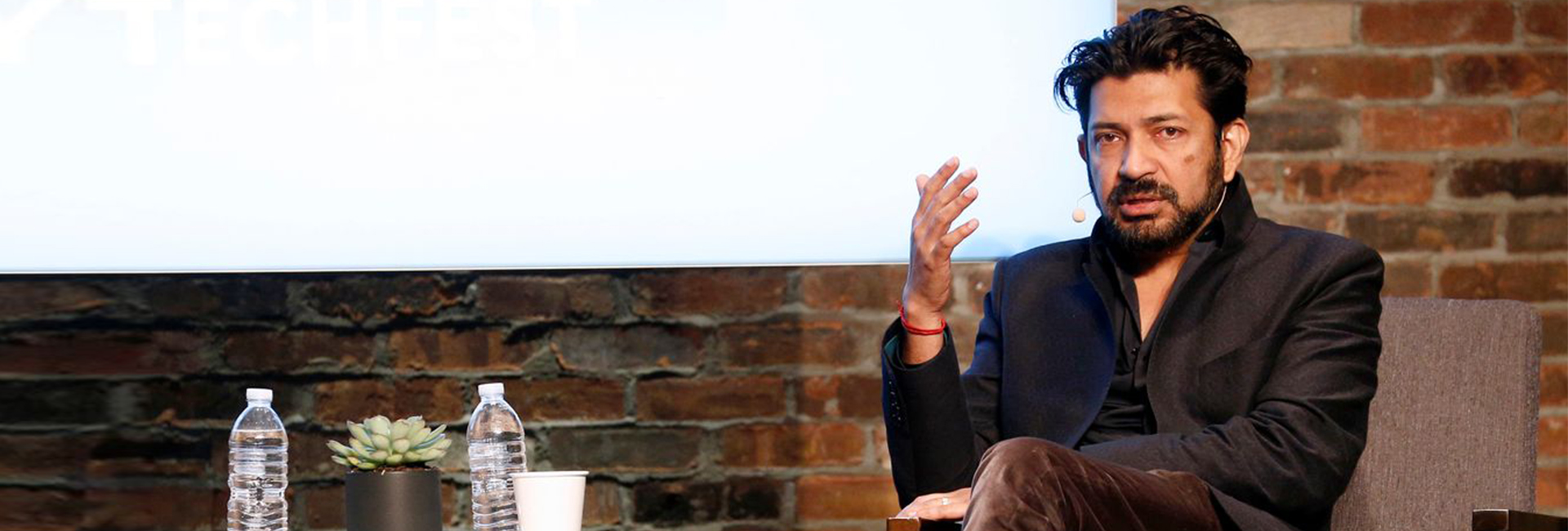(February 20, 2024) When his grandfather arrived in the UK in the 1950s from a small village in Jalandhar district, little did he know that his grandson would be leading the first international trial of a landmark vaccine to fight bowel cancer. Dr Tony Dhillon, a consultant medical oncologist at Royal Surrey NHS Hospital Trust, made headlines recently as the head of a global trial of a pre-surgery vaccine aimed at treating early-stage bowel cancer.
The man behind the trial concept, Dr Dhillon has collaborated with Professor Tim Price in Australia over the past four years to formulate and refine the vaccine.

Dr Tony Dhillon
“This is the first treatment vaccine in any gastrointestinal cancer and we have high hopes that it will be very successful. We think that for a lot of patients, the cancer will have gone completely after this treatment,” Dr Dhillon said in a statement, adding, “This is the first treatment vaccine in any gastrointestinal cancer and we have high hopes that it will be very successful. We think that for a lot of patients, the cancer will have gone completely after this treatment.”
The recently announced trial will be conducted by the Cancer Research UK Southampton Clinical Trial Units at the University of Southampton, in partnership with the Royal Surrey NHS Foundation Trust and Queen Elizabeth Hospital in Adelaide, Australia. Designed by Imugene, the second phase of trials will see 44 patients enrolling in an 18-month-long study across 10 sites – six in Australia and four in the UK. “This vaccine is not for all patients with bowel cancer, rather 15% of the total population of patients. There is a sub-type of cancer that this vaccine will only work on,” explained Dr Dhillon.
It was a few years ago that Dr Dhillon received £500,000 to bring his clinical trial to patients in Australia as immunotherapy is seen as a new way to treat cancer. It works by teaching the body’s immune system to find and fight tumours on its own. “Harnessing the immune system to tackle cancer is one of the most exciting areas in cancer research at the moment. Ultimately the findings of this research should help cancer patients and potentially change the way that bowel cancer is treated in this particular sub-group of patients,” he said in a 2020 interview.
Three doses of vaccine will be given to patients two weeks apart before the surgery to help their immune system fight the cancer. This might mean that the surgery they need is not as severe. “We reckon when patients go to operation there won’t be much cancer left, and with some people, it might go completely. We need to do the trials to prove that, and that is what we are about to start,” he added.

Born in Maidenhead, Dr Dhillon grew up in a Punjabi family that migrated to the UK in the early 50s. It was his paternal grandfather who moved to the UK then to work in the Brylcreem factory. He was joined by his son in the 60s. It was in 1967 that Dr Dhillon’s mother moved to the UK from Bigla in Jalandhar to marry his father, and the two of them worked in factories. “My parents were not formally educated and probably don’t know what I do for a job,” he added. But they wanted their son to study and make a name for himself. After going to UCL for medical school, he did his Ph.D. at Imperial College London which was followed by post-graduate work at Oxford.
He later started working as a medical oncologist, where he specialised in rare cancers such as GIST (gastrointestinal stromal tumour) and NET (neuroendocrine tumour) as the drugs are expensive and underlying biology is not understood. Now he is the chief investigator in a vaccine trial which could be a big step forward in treating bowel cancer.
“I feel proud to do international level research which could impact hundreds of thousands of people. It shows how much of a meritocracy the UK is – for someone who is a second-generation Punjabi from a working-class family to reach this level is fantastic,” he said.
- Follow Dr Tony Dhillon on LinkedIn
Read a similar story of Gagandeep Kang, India’s Vaccine Godmother.




